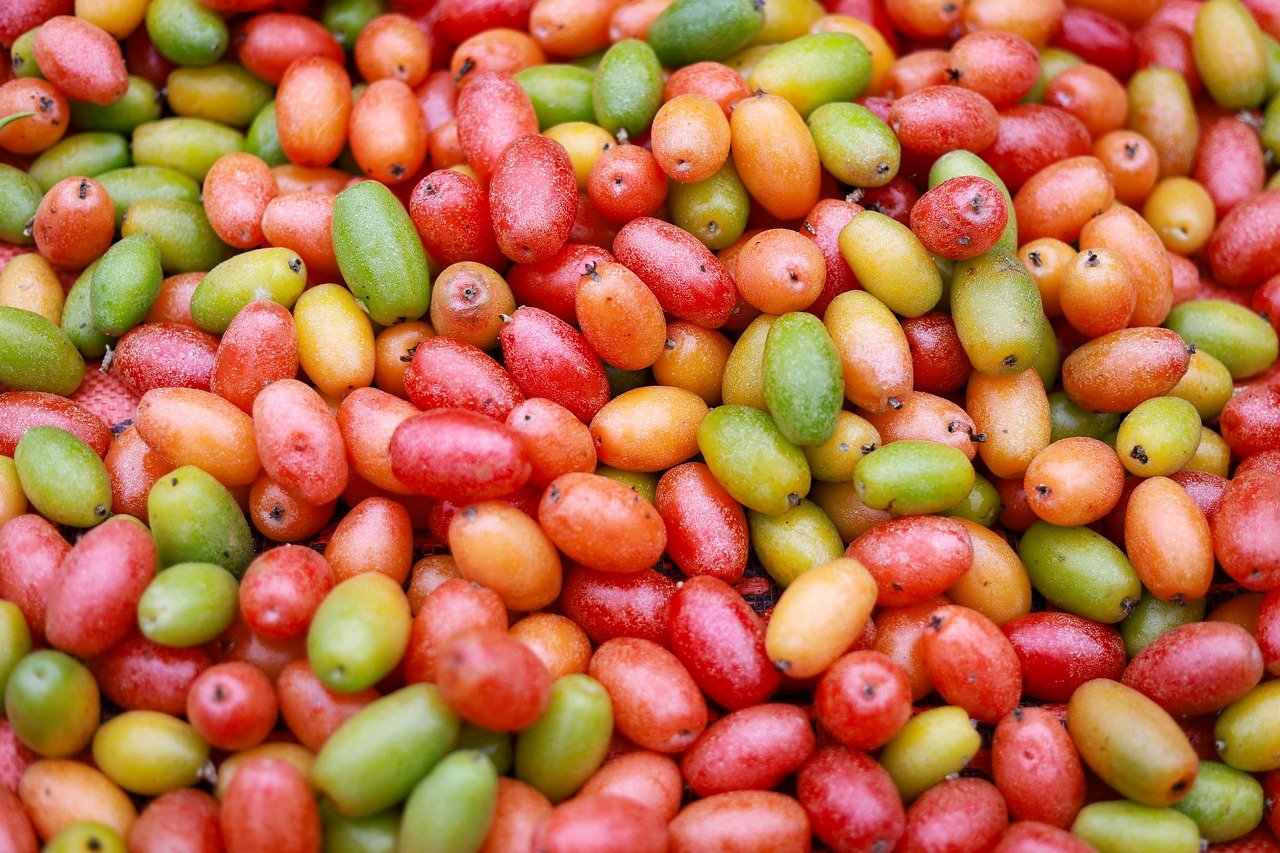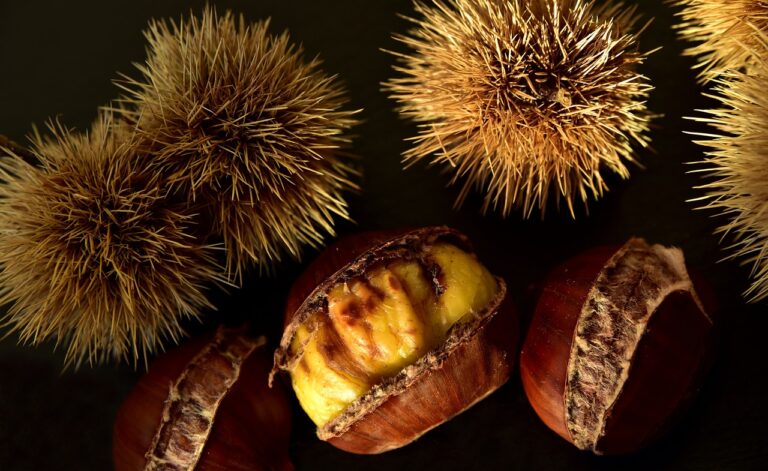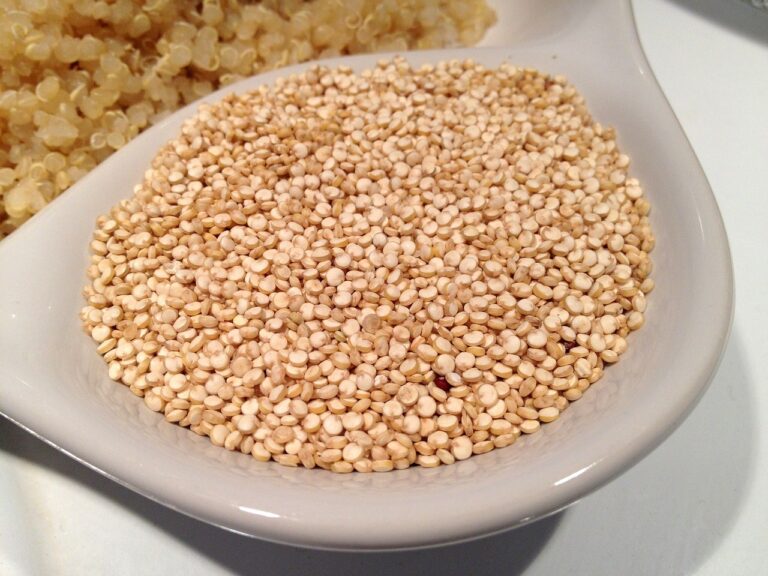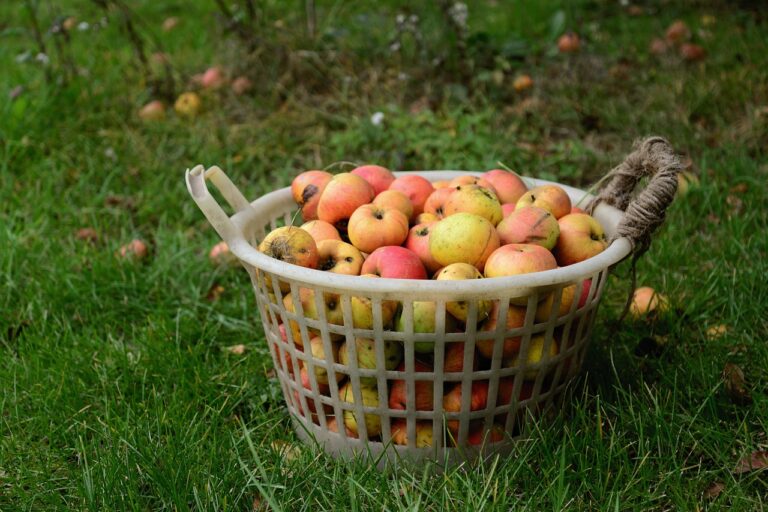The Future of Food Technology: Innovations in Cultivated Meat and Cellular Agriculture
Traditional meat production faces a multitude of challenges that impact both the industry and the environment. One of the key challenges is the significant environmental footprint associated with raising livestock for meat. From large amounts of water and land usage to greenhouse gas emissions, the environmental impact of traditional meat production is undeniable. Another challenge lies in the ethical concerns surrounding animal welfare in factory farming practices. The confinement and treatment of animals in these operations raise questions about the ethical implications of consuming meat from such sources. These challenges have led to increasing scrutiny of the traditional meat industry and a growing demand for more sustainable and ethical alternatives.
The environmental footprint of traditional meat production includes:
– Large amounts of water and land usage
– Greenhouse gas emissions
Ethical concerns surrounding animal welfare in factory farming practices include:
– Confinement and treatment of animals
– Questions about the ethical implications of consuming meat from such sources
Increasing scrutiny of the traditional meat industry has led to a growing demand for more sustainable and ethical alternatives.
Benefits of Cultivated Meat and Cellular Agriculture
Cultivated meat and cellular agriculture offer numerous benefits that could revolutionize the food industry. One significant advantage is the reduction of environmental impact compared to traditional meat production. Cultivated meat requires less land, water, and energy, leading to lower greenhouse gas emissions and deforestation. This sustainable approach aligns with the growing consumers’ demand for environmentally-friendly food options.
In addition, cultivated meat has the potential to enhance animal welfare by eliminating the need for raising and slaughtering animals. By growing meat from animal cells in controlled environments, the ethical concerns surrounding animal farming can be addressed. This could lead to a more humane and compassionate way of producing meat products while also ensuring food safety and quality for consumers.
Current Innovations in Cultivated Meat Production
With the growing demand for sustainable food sources, cultivated meat production has been at the forefront of innovation in the agricultural industry. Recent advancements in this field have showcased a variety of innovative techniques that aim to revolutionize the way meat is produced. One of the key innovations involves the use of bioreactors to cultivate meat cells in a controlled environment, eliminating the need for traditional animal farming practices.
Additionally, scientists have been exploring the possibility of using plant-based scaffolding to support the growth of cultivated meat. This approach not only offers a more sustainable alternative to traditional meat production but also opens up opportunities for creating customized meat products with specific textures and flavors. As research in cultivated meat production continues to evolve, these innovations hold great promise for addressing the environmental and ethical challenges associated with conventional meat production.
What are the main challenges in traditional meat production?
The main challenges in traditional meat production include environmental impact, animal welfare concerns, and the use of antibiotics and hormones.
What are the benefits of cultivated meat and cellular agriculture?
Cultivated meat and cellular agriculture offer benefits such as reduced environmental impact, improved animal welfare, and potentially safer and more sustainable meat production.
What are some current innovations in cultivated meat production?
Current innovations in cultivated meat production include the use of bioreactors to grow meat cells, advancements in cell culture techniques, and the development of plant-based scaffolding for cell growth.
How does cultivated meat production compare to traditional meat production in terms of sustainability?
Cultivated meat production is generally considered more sustainable than traditional meat production, as it requires fewer resources, produces less waste, and has a smaller environmental footprint.
Are there any regulatory challenges facing the cultivation meat industry?
Yes, there are regulatory challenges facing the cultivated meat industry, including issues related to labeling, safety testing, and government oversight. However, many countries are working to create regulatory frameworks to support the growth of this industry.







